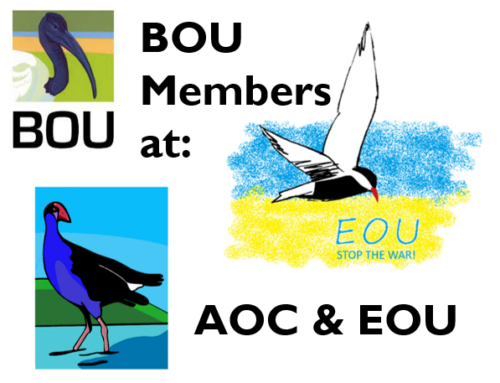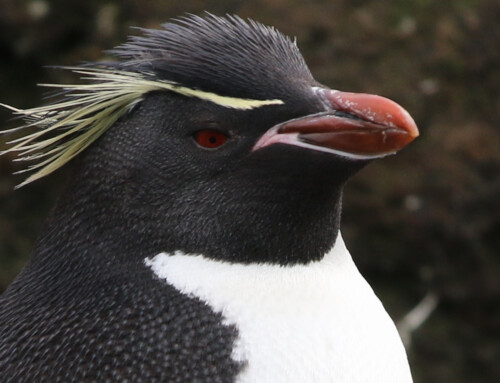‘Community’ seems to be the new political buzzword, but for many of us it’s long been central to our core ideals, both at work and socially.
The BOU was formed over 150 years ago in order to enable ornithologists of the day to come together to exchange news, views and their work (not to mention specimens) from their travels all across the globe. The ‘world wide web’ for ornithologists has been in existence for hundreds of years, the only difference between then and now is the speed of communication.
Ornithologists have always been good at sharing information. We have a network of formal channels for delivering the results of our research including long-established journals (our own journal Ibis is merely 153 years young) and conferences. Informally ornithologists are very social animals. For many of us the only thing we like more than sharing our passion for birds – their ecology, their behaviour, their conservation – is getting outdoors and watching them, often together to share experience.
There can be few research interests with such blurred boundaries between work and play. How many other areas allow your hobby (birding) to become your work (ornithology). And because of this blurring of boundaries, birding mates are ornithological colleagues, our social life merges into our professional life, and our community encompasses it all.
The BOU community works at lots of different levels. Although the member-base of organisations like the BOU has declined since the days when membership was the primary means of contact, our overall reach continues to grow across our planet. The digital age allows us to engage with more and more people around the world. Our journal, Ibis, is estimated to reach tens of thousands of researchers across all continents. Nearly 5,000 people have reviewed papers for Ibis in the last ten years. Over a thousand different people have been to a BOU conference during that time, and hundreds of people have sat on BOU Council and our committees.
Community is at the core of the BOU and our aim is to be central to the global ornithological community. By building on our existing strengths of delivering research output via our publishing and conference activities, we continue to build our online and mobile engagement with ornithologists around the world via our new website, social media streams such as Twitter (will there ever be a more appropriately named communication medium for ornithologists?), e-groups such as BOU_BirdTalk, blogs and other relevant digital platforms that comes along in the future. As individuals you might only wish to engage on one or two of your preferred platforms, but the BOU will be present across multiple platforms to ensure that as many members of our global ornithological community can engage directly with us, as well as with each other.
More social media articles from the BOU’s Steve Dudley




